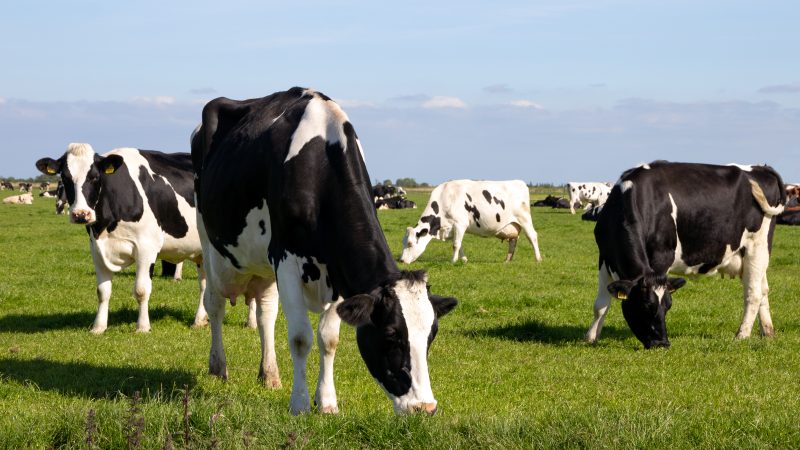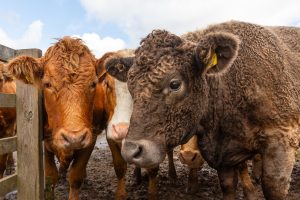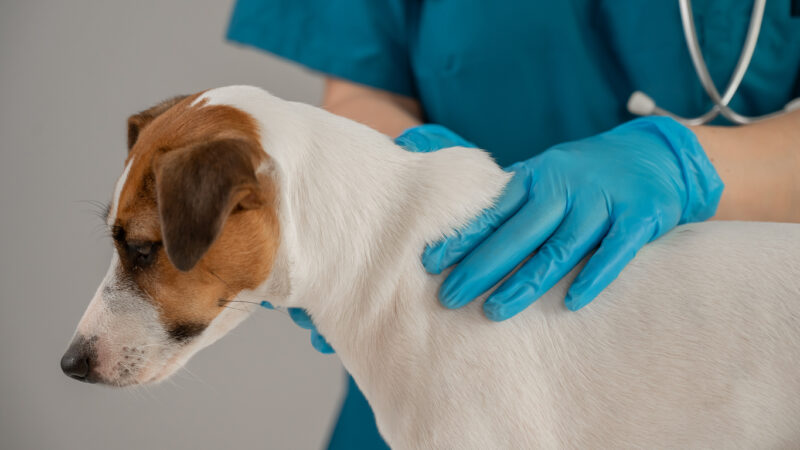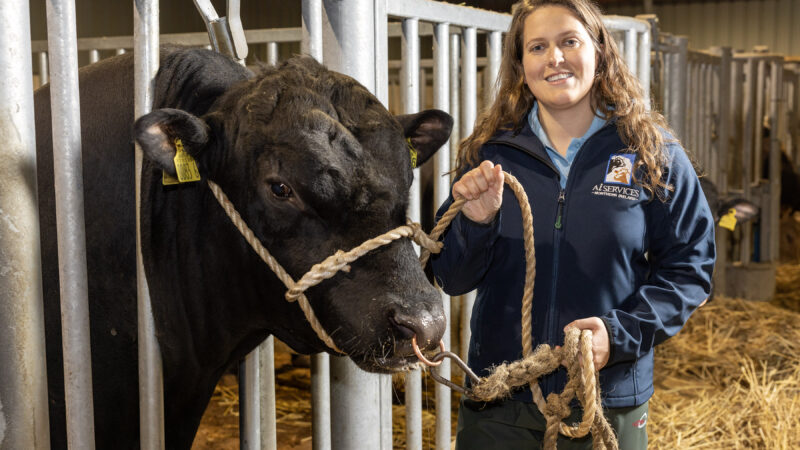North of Ireland Veterinary Association highlights key animal health issues

The North of Ireland Veterinary Association (NIVA) continues to engage with decision makers
on key veterinary issues, including future access to veterinary medicines, a livestock animal
health and welfare strategy, dangerous dogs and equine welfare.
Continued access to veterinary medicines in Northern Ireland after December 2025 is an
ongoing issue that is creating significant uncertainty and concern within the agricultural and
veterinary communities due to the potential effect on animal and human health and
welfare. After December 2025, it is estimated that the supply of up to 30% of veterinary
medicines will be affected, impacting all veterinary sectors in NI. A broadly supported
motion has been passed in the Stormont Assembly acknowledging the deep concern around
obtaining veterinary medicines after 2025 and NIVA has welcomed the efforts that are being
made by the DAERA Minister to find a solution. Honorary Secretary Mark Little has played a
key role in raising NIVA’s concerns on this issue since it came to light, and NIVA continues to
emphasise the critical need to maintain the improving trends in anti-microbial usage,
particularly through adequate access to antibiotics, anthelmintics and vaccines.
NIVA has welcomed the UK government’s commitment to re-establishing the Veterinary
Medicines Working Group and is encouraging the reconvening of the group at the earliest
opportunity, with a view to positive and constructive engagement with the EU Commission.
NIVA has also called for sufficient resources to be made available to livestock health schemes
in NI, to allow a long overdue focus on endemic diseases such as bovine TB, in part through
acting on the scientific recommendations of the TB Strategic Partnership Group.
Provensteps to help eradicate bovine TB have been demonstrated in other jurisdictions and the fact
that NI is lagging behind is resulting in costs in terms of animal, production and associated
environmental losses. The effects on the mental wellbeing of farmers, and the financial
stability and viability of their farms have been highly significant, and these impacts have a
marked knock-on effect for vets working in a range of capacities with farmers.
NIVA wishes to see aggregated benefits that could result from tackling animal diseases at the
multi-farm or regional level: vets in NI recognise the need for a specific animal health and
welfare strategy that will include sheep health and are willing to collaborate with DAERA in
its development of such.
In a workstream being taken forward by Senior Vice-President Esther Skelly-Smith, NIVA will
shortly publish its top priorities for equine welfare in Northern Ireland, which will call for
important changes.
NIVA has also been active at UK level, representing the concerns and giving input on the
issues affecting Northern Ireland’s veterinarians into the Royal College of Veterinary
Surgeon’s consultations on governance, and contributing to the British Veterinary
Association’s responses to the Competition and Marketing Authority’s investigations into the
provision of veterinary services to the companion animal sector and to the Review of Farm
Quality Assurance Schemes.
NIVA President Sharon Verner stated, “NIVA’s Council, representing veterinary surgeons from
across the profession, recognises that our investment in working together for the highest
standards and reputation of animal health and welfare is also an investment in human and
environmental health. We will continue to work hard and to collaborate with decision
makers to make a difference for animal health and welfare in the livestock, equine and
companion animal sectors locally.”






